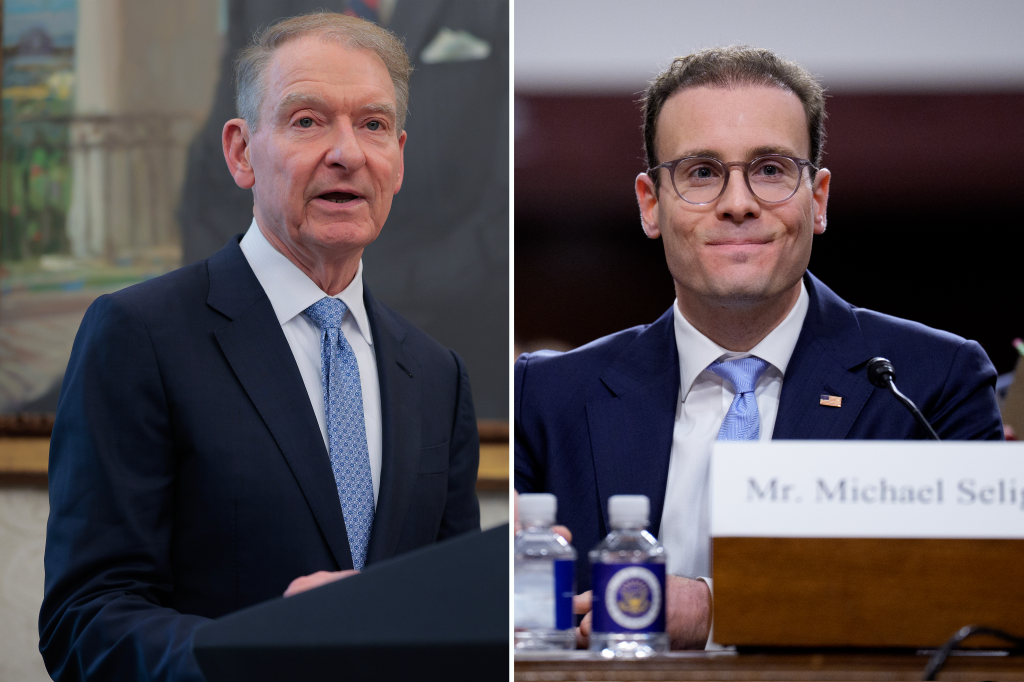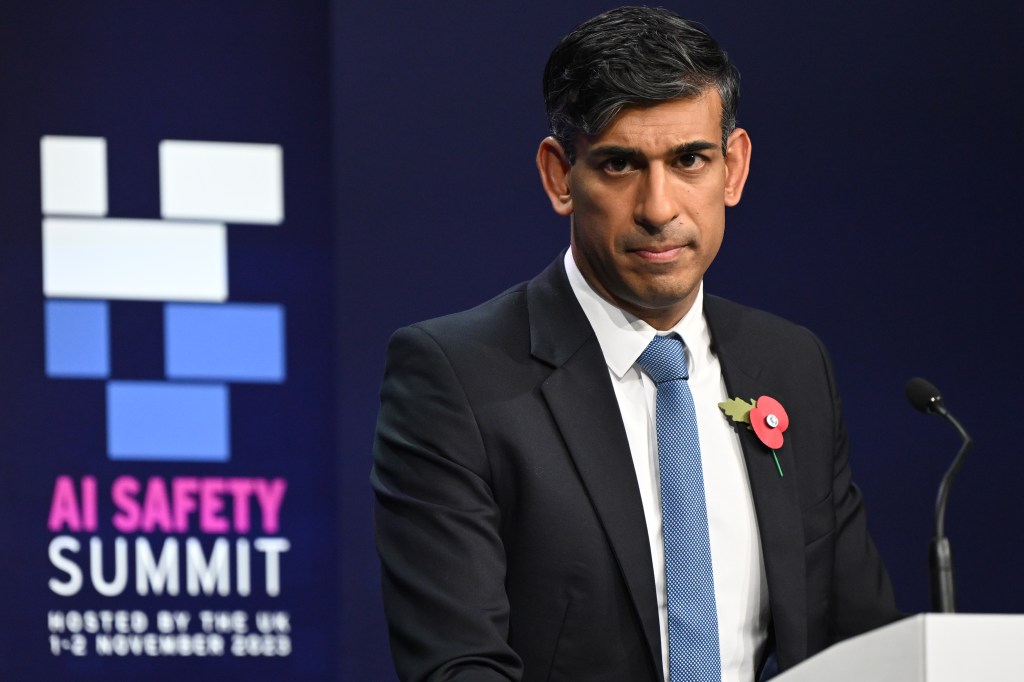The UK Government’s long-awaited response to last year’s consultation on AI regulation confirms what we already knew – that the current administration is averse to regulating AI specifically and will devolve responsibility to existing regulators. It takes the view that it’s too early to legislate and that AI
Register for free to keep reading
To continue reading this article and unlock full access to GRIP, register now. You’ll enjoy free access to all content until our subscription service launches in early 2026.
- Unlimited access to industry insights
- Stay on top of key rules and regulatory changes with our Rules Navigator
- Ad-free experience with no distractions
- Regular podcasts from trusted external experts
- Fresh compliance and regulatory content every day













